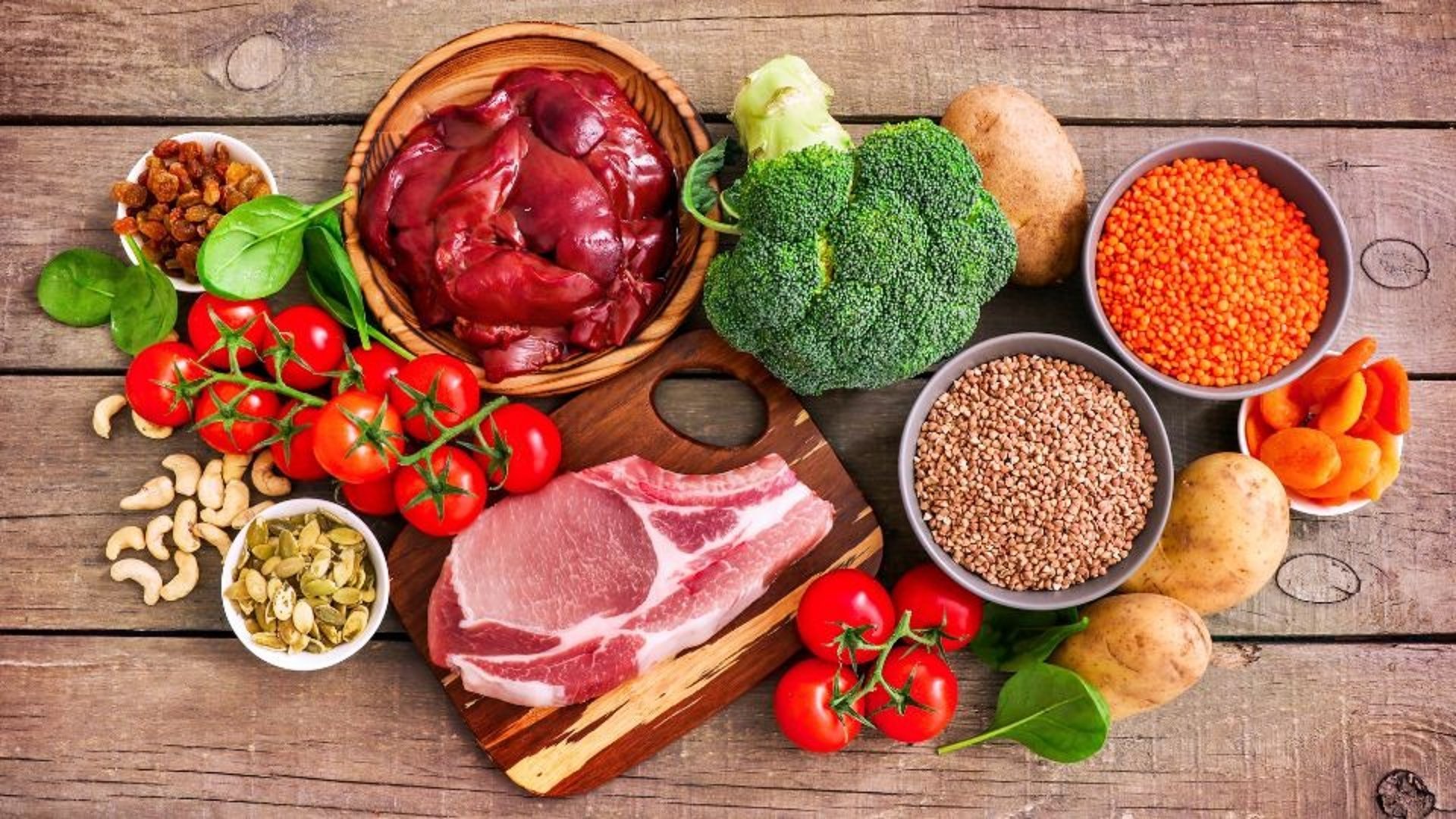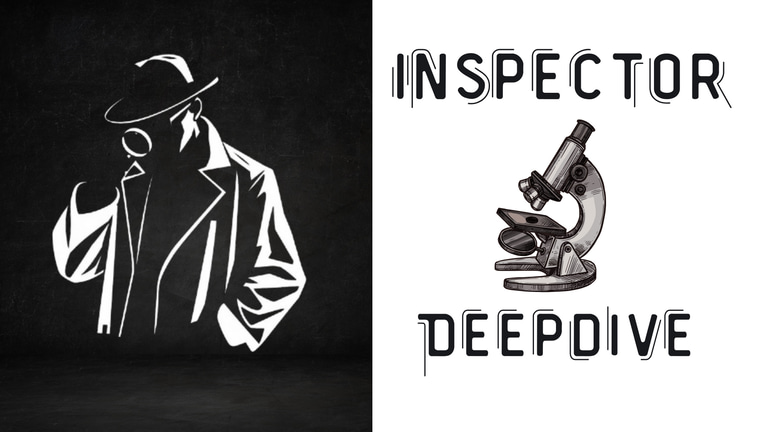
Iron: Oxygen Transport energy production and overall health.

Iron: Oxygen Transport energy production and overall health.
What Is Iron?
Iron is an essential mineral that your body needs to stay healthy. It plays a key role in carrying oxygen throughout your body, producing energy, and supporting overall health.
What Iron does to the Body?
Iron helps make hemoglobin, a protein in red blood cells that carries oxygen from your lungs to the rest of your body. It also supports myoglobin, which stores oxygen in your muscles. Beyond oxygen transport, iron is important for energy production, brain function, and a strong immune system.
Vitamin C helps your body absorb iron better, while copper works with iron to make new red blood cells. Together, these nutrients keep you energized and prevent tiredness.
How Is Iron Absorbed?
Iron is absorbed in your small intestine in two forms:
Heme iron: Found in animal foods, absorbed easily.
Non-heme iron: Found in plant foods, absorbed less easily.
Great Food Sources of Iron
Seafood:
Clams: 28 mg per 100g
Oysters: 7.8 mg per 100g
Mussels: 6.7 mg per 100g
Red Meat:
Liver: 6.5 mg per 100g
Beef: 2.6 mg per 100g
Lamb: 1.8 mg per 100g
Nuts and Seeds:
Pumpkin seeds: 8.8 mg per 100g
Sesame seeds: 7.8 mg per 100g
Cashews: 6.7 mg per 100g
Legumes:
Lentils: 6.5 mg per 100g
Soybeans: 5.1 mg per 100g
Chickpeas: 2.9 mg per 100g
Fortified Foods:
Breakfast cereals: up to 14 mg per 100g
Fortified rice: 2.1 mg per 100g
Fortified bread: 1.5 mg per 100g
Leafy Greens:
Spinach: 2.7 mg per 100g
Kale: 1.5 mg per 100g
Collard greens: 0.5 mg per 100g
Specific Functions and Health Benefits
Carries oxygen in blood and muscles
Prevents anemia and fatigue
Boosts energy and brain function
Strengthens immune system
Factors Affecting Iron Absorption
Vitamin C improves absorption
Calcium and polyphenols (in tea, coffee) reduce absorption
Low stomach acid and high fiber diets can lower absorption
Signs You’re Getting Enough Iron
Good energy levels
Strong immune system
Clear thinking
Signs of Iron Deficiency
Fatigue and weakness
Pale skin
Shortness of breath
Dizziness
Brittle nails
Cold hands and feet
Headaches and irritability
How Long to Fix a Deficiency?
With regular iron intake from food or supplements, symptoms can improve within weeks to months depending on severity.
About Iron Supplements
Best taken on an empty stomach or with Vitamin C-rich foods for better absorption
Types include ferrous sulfate, ferrous gluconate, heme iron, liquids, and chewables
Useful for people with anemia, vegans, vegetarians, pregnant women, and elderly adults
Who May Need Supplements?
People with malabsorption disorders (Crohn’s, celiac disease)
Women with heavy menstrual bleeding
Athletes with higher iron needs
Pros and Cons of Supplements
Heme iron supplements absorb better but cost more
Non-heme iron may cause stomach upset
Choose third-party tested, additive-free products
Daily Dosage Tips
Take supplements in divided doses if over 500 mg
Avoid taking with calcium-rich foods or drinks
Risks of Too Much Iron
Can cause nausea, constipation, and oxidative stress
Excess iron (hemochromatosis) can damage organs and cause fatigue
Medication Interactions
Iron can interfere with antibiotics, thyroid meds, and proton pump inhibitors. Always consult your doctor before starting supplements.
Lifestyle Factors Affecting Iron
Smoking lowers iron levels
Poor gut health reduces absorption
Vitamin C enhances absorption
Seasonal & Lifestyle Variations
More physical activity increases iron needs
Stress raises mineral demands
Less sunlight may affect Vitamin D and iron absorption
Cooking & Storage Effects
Heat slightly reduces iron but not much
Proper storage helps keep iron content
Common Myths
Iron is only important for athletes false, everyone needs it
Supplements are always better than food false, a balanced diet often suffices
Fun Facts
Iron is the fourth most abundant element on Earth
Ancient tools were made of iron long before its health role was known
Environmental Considerations
Vegan iron sources include fortified cereals and nutritional yeast
Choosing local produce reduces environmental impact
Special Groups & Unique Needs
Athletes need more for oxygen delivery
Children need iron for growth and brain development
Elderly may need supplements due to absorption issues
How to Track Your Iron Intake
Use nutrition apps or food diaries
Blood tests can check iron levels if needed
Scientific Breakthroughs as of 2025
New supplements with better absorption
Iron may help reduce cognitive decline and support heart health
Eco-friendly production of iron-fortified foods through fermentation
Iron is essential for energy, oxygen transport, and overall health. Eating a variety of iron-rich foods and supporting absorption with Vitamin C helps keep your body strong and energized. Supplements can help when needed but should be used wisely under medical advice.
info@inspectordeepdive.com
© 2025 food.InspectorDeepDive.com. All rights reserved. Content may not be copied or republished without permission.
This article is for informational purposes only. InspectorDeepDive.com does not provide medical advice. Always consult a licensed healthcare provider before making dietary or health decisions.
